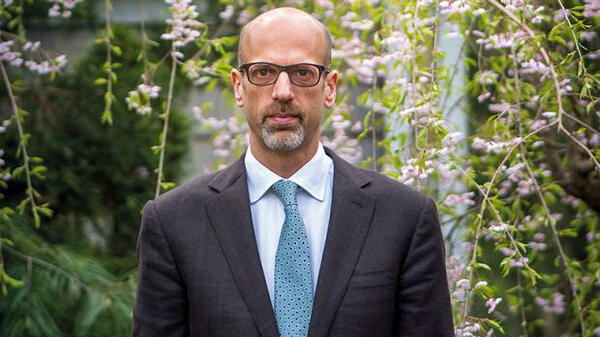In this lecture, Daniel Markovits explored how over the course of the past half-century, the United States invented a new, unprecedented, and extreme form of economic hierarchy, which might have been called meritocratic inequality—not because it was justified, but because it was tied to winning at competitions in school and at work. Meritocracy, invented as the handmaiden of equality of opportunity, had, in fact, become the single biggest obstacle to equality of opportunity in the United States at that time.
A meritocratic elite concentrated human capital—both education and work—within its own caste. Feedback loops between exclusive education and skill-biased innovation entrenched and expanded elite advantages, shrank and marginalized the middle class, and allowed elite families to pass their caste-privileges down through their generations. Economic growth slowed, and social and political life in the United States became increasingly corrupt.
You can view the lecture here.

